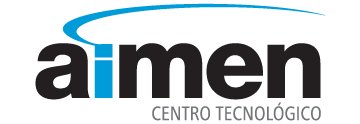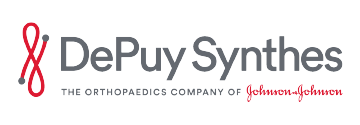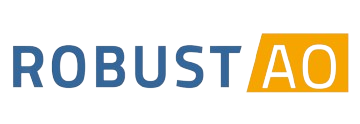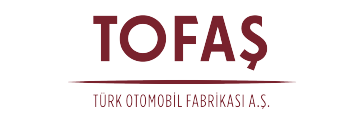The impact of the FLASH project.
The project is expected to be transformative across several dimensions, influencing the manufacturing industry and associated sectors:
-
Technological Advancement:
FLASH introduces a next-generation laser machining system with multi-wavelength emission, dynamic beam shaping, and advanced monitoring capabilities. This technological leap is poised to redefine the capabilities of laser-based manufacturing processes.
-
Agile Manufacturing:
The project promises to bring unprecedented agility to manufacturing processes. Automated changeover of the beam delivery system in a matter of seconds allows for rapid reconfiguration during product development, significantly reducing downtime compared to traditional machines.
-
Increased Speed and Efficiency:
FLASH aims to cut cycle times by up to 50% for multi-process manufacturing flows. This acceleration in production speed can lead to increased efficiency, faster time-to-market for products, and improved overall productivity.
-
Cost Savings:
The innovative laser system is projected to deliver substantial cost savings. With a lower capital investment requirement and reduced physical footprint, manufacturers can expect significant financial benefits, potentially saving up to €700k compared to acquiring separate laser tools.
-
Material Flexibility and Quality:
The ability to handle a wide range of materials, including advanced metals and innovative composites, positions FLASH as a versatile solution. High-quality, defect-free machining of reflective metals and compatibility with emerging materials contribute to enhanced manufacturing capabilities.
-
Energy Efficiency:
FLASH's energy-efficient processes, with potential savings of up to 78% compared to traditional single-step laser processing, align with sustainability goals. Reduced energy consumption contributes to both cost savings and environmental benefits.
-
Diverse Industry Applications:
The project's impact extends across various industries, including medical, tooling, automotive, and e-mobility. FLASH is designed to cater to the evolving needs of these sectors, offering a highly customizable solution for manufacturing complex products such as orthopedic implants and automotive components.
-
Future-Proof Manufacturing:
By addressing current limitations and anticipating future trends, FLASH positions itself as a future-proof solution. Its adaptability to changing materials and applications, coupled with rapid reconfiguration capabilities, ensures that manufacturers can stay competitive in dynamic market environments.
In summary, the FLASH project's impact is poised to be profound, ushering in a new era of laser-based manufacturing marked by flexibility, efficiency, cost-effectiveness, and environmental sustainability. The advancements introduced have the potential to reshape industrial practices and contribute significantly to the competitiveness of European manufacturing on a global scale.















